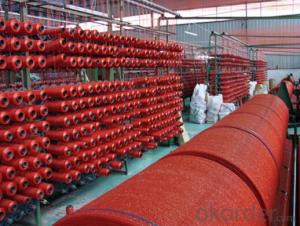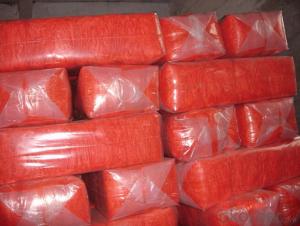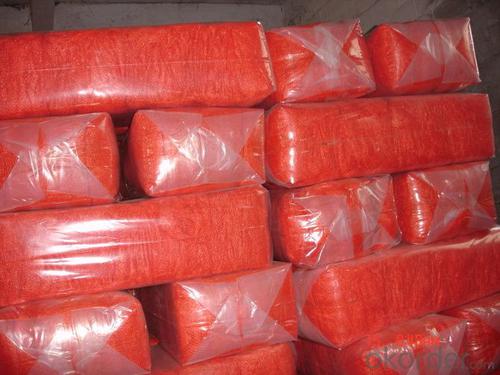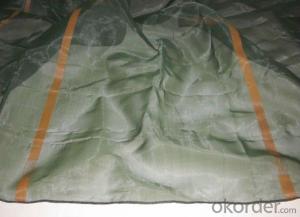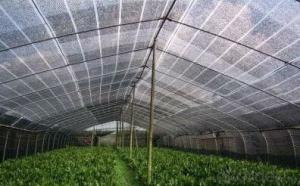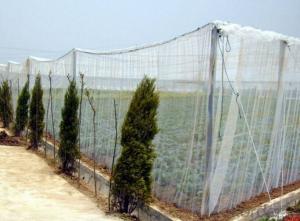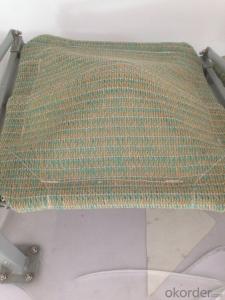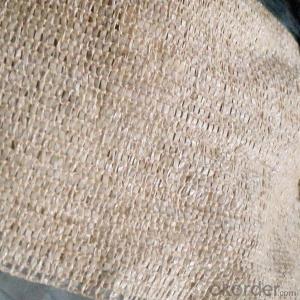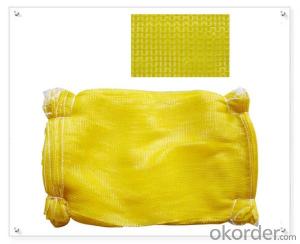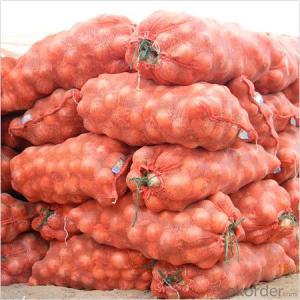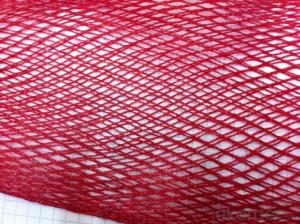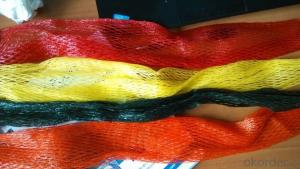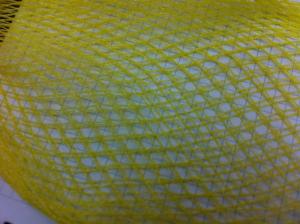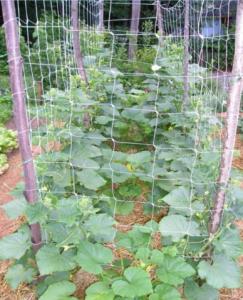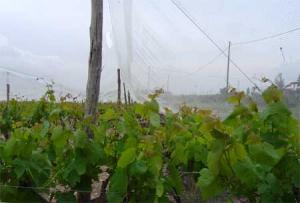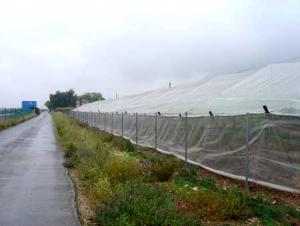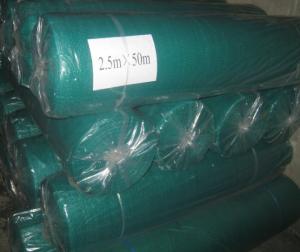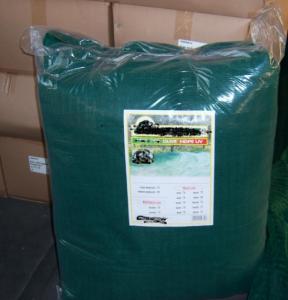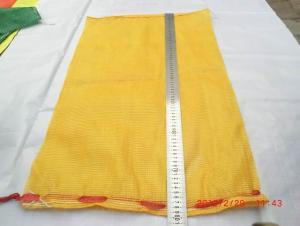Menards Plastic Netting Mesh Bag for Vegetable, Potato, Onion
- Loading Port:
- Shanghai
- Payment Terms:
- TT OR LC
- Min Order Qty:
- -
- Supply Capability:
- 200T m.t/month
OKorder Service Pledge
Quality Product, Order Online Tracking, Timely Delivery
OKorder Financial Service
Credit Rating, Credit Services, Credit Purchasing
You Might Also Like
Product Description
We can produce a variety of mesh bag with high quality, including mesh bag (PP), raschel mesh bag (PE) and tubular mesh bag (PP).
Item: Leno mesh bag with label
Material: PP
Size: As customers' requirements
Color: Red, orange, yellow, green, purple, transparent etc.
They are widely used for packing vegetables, fruits, firewood and seafood. Such as onions, potato, garlic, orange, cabbage, carrot, apple, pear and so on.
| Material | PP (leno mesh bag, tubular mesh bag), PE (raschel mesh bag) |
| Width | As client' s requests |
| Length | Up to 85 cm |
| Weight | 30 GSM – 50 GSM |
| Color | red, orange, yellow, green, purple, transparent etc. |
| Sewing | L- sewing ( overlock sewing or fold sewing) |
| Delivery time | 15-30 days for a 40'FCL |
| Feature | With or without drawstring, with or without UV protection, with or without lable |
- Q: Can plastic nets be used for crowd control?
- Yes, plastic nets can be used for crowd control. They are commonly employed in various settings such as concerts, sporting events, and protests to create barriers and guide the movement of crowds. Plastic nets are lightweight, easy to install, and provide a visible boundary, helping to maintain order and ensure the safety of both the crowd and the event.
- Q: How do you install plastic nets?
- To install plastic nets, start by measuring the area where you want to install them. Then, gather the necessary materials such as plastic netting, zip ties, and a staple gun. Secure one end of the netting to a sturdy support using zip ties or staples. Stretch the netting tightly and attach the other end using the same method. Repeat this process until the entire area is covered with the plastic nets, ensuring they are securely fastened.
- Q: What are the different mesh sizes of plastic nets?
- The different mesh sizes of plastic nets vary depending on the specific application and desired purpose. Common mesh sizes for plastic nets range from small, fine meshes such as 1/8 inch or 1/4 inch, to larger mesh sizes like 1/2 inch or 1 inch. The choice of mesh size depends on factors such as the type of material being contained or filtered, the level of protection or support required, and the specific industry or use case.
- Q: Can plastic nets be used for fruit tree protection?
- Yes, plastic nets can be used for fruit tree protection. These nets are commonly used to prevent birds and other animals from accessing and damaging the fruits. They provide a physical barrier that allows sunlight and air to reach the tree while safeguarding the fruits from being eaten or pecked at. Plastic nets are an effective and affordable solution for protecting fruit trees and ensuring a successful harvest.
- Q: What industries use plastic nets?
- Several industries use plastic nets, including agriculture, fishing, packaging, construction, and gardening.
- Q: Can plastic nets be used for creating anti-pigeon barriers on buildings?
- Yes, plastic nets can be used for creating anti-pigeon barriers on buildings. They are lightweight, durable, and can effectively prevent pigeons from perching or nesting on structures. Plastic nets are a cost-effective solution that can be easily installed on various surfaces to keep pigeons away.
- Q: Are plastic nets suitable for hydroponic plant support?
- Yes, plastic nets are suitable for hydroponic plant support. They are lightweight, durable, and provide adequate support for plants to grow vertically. The open mesh design allows for proper air circulation and nutrient absorption, making them an ideal choice for hydroponic systems. Additionally, plastic nets are easy to clean and can be reused multiple times, making them a cost-effective option for hydroponic plant support.
- Q: Are plastic nets waterproof?
- Yes, plastic nets are generally waterproof as they are made from synthetic materials that do not absorb water.
- Q: How do plastic nets help in preventing weed growth?
- Plastic nets help in preventing weed growth by creating a physical barrier that blocks sunlight and hinders weed seeds from germinating and growing. Additionally, these nets also prevent weed seeds from being dispersed by wind and birds, further reducing weed growth.
- Q: Are plastic nets commonly used in the construction of golf courses?
- No, plastic nets are not commonly used in the construction of golf courses.
Send your message to us
Menards Plastic Netting Mesh Bag for Vegetable, Potato, Onion
- Loading Port:
- Shanghai
- Payment Terms:
- TT OR LC
- Min Order Qty:
- -
- Supply Capability:
- 200T m.t/month
OKorder Service Pledge
Quality Product, Order Online Tracking, Timely Delivery
OKorder Financial Service
Credit Rating, Credit Services, Credit Purchasing
Similar products
Hot products
Hot Searches
Related keywords
